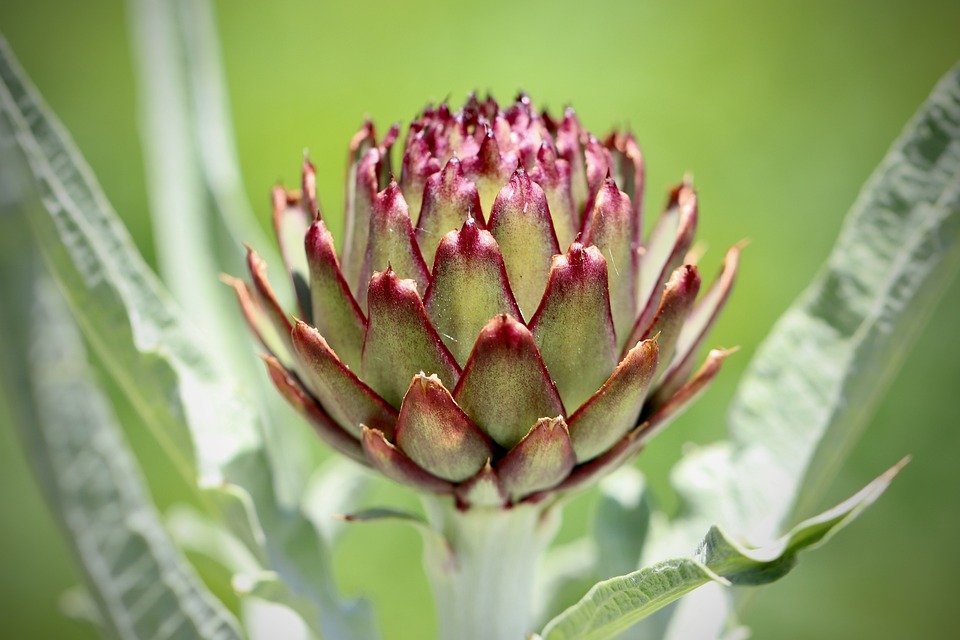The Benefits of Edible Gardening: Fresh, Local, and Organic – Straight from Your Backyard
Introduction
Edible gardening, also known as kitchen gardening or vegetable gardening, is a rewarding activity that allows you to grow your own food right in your backyard. It is a trend that is gaining popularity for its numerous benefits, including the ability to enjoy fresh, local, and organic produce without the need for a trip to the grocery store.
In this article, we will explore the advantages of edible gardening and the positive impact it can have on your health, environment, and community.
Health Benefits
One of the significant advantages of edible gardening is the nutritional value it adds to your daily diet. Fruits, vegetables, and herbs harvested from your garden are packed with vitamins, minerals, and antioxidants, as they are picked at their peak ripeness. Consuming homegrown produce can contribute to a healthier lifestyle by increasing your intake of fresh, unprocessed food.
Additionally, edible gardening offers an opportunity to control what goes into the soil and plants. By avoiding harmful pesticides and chemicals, you can ensure that the food you grow is free from potential toxins and residues. This control over the growing process can lead to a safer and more sustainable food source for you and your family.
Environmental Benefits
Edible gardening has a positive impact on the environment. By growing your own food, you reduce your reliance on commercially grown produce that often requires extensive transportation, refrigeration, and packaging. This translates to a smaller carbon footprint and a reduction in greenhouse gas emissions.
Furthermore, edible gardening promotes biodiversity by creating habitats for pollinators such as bees and butterflies. These pollinators play a crucial role in the reproduction of many plant species, contributing to the overall health of ecosystems. By supporting pollinators in your garden, you actively contribute to environmental preservation.
Community Benefits
Edible gardening can foster a sense of community and connection with neighbors and local organizations. Sharing your surplus produce with others introduces you to like-minded individuals and can strengthen bonds within your neighborhood. Community gardens, where multiple individuals grow their own food in a shared space, promote collaboration and learning, creating a space for shared knowledge and experiences.
Moreover, growing your own food reduces the demand for commercially produced items, which can lead to overuse of natural resources and unhealthy farming practices. Supporting local food systems and small-scale farmers by gardening enables sustainable agriculture and helps build a resilient and self-sufficient community.
FAQs
Q: How much space do I need for an edible garden?
A: The space requirements for an edible garden vary depending on the type and quantity of plants you wish to grow. You can start small with containers on a balcony or utilize your backyard for larger-scale gardening. Many vegetables and herbs can even be grown in vertical gardens or raised beds, making them suitable for limited spaces.
Q: Do I need any prior gardening experience to start an edible garden?
A: While prior gardening experience can be helpful, it is not necessary to start an edible garden. There are plenty of resources available, including books, online tutorials, and classes, that can guide beginners through the process. Starting with a few easy-to-grow plants and gradually expanding as you gain confidence can also be a great way to begin your edible gardening journey.
Q: What types of plants are suitable for edible gardening?
A: A wide range of plants can be grown in an edible garden, including vegetables like tomatoes, peppers, lettuce, and cucumbers, as well as herbs like basil, mint, and rosemary. It is important to choose plants that thrive in your climate and consider factors such as available sunlight and soil conditions.
Q: How can I manage pests without using harmful chemicals?
A: There are various natural pest control methods you can employ in your edible garden. Companion planting, which involves growing certain plants together to deter pests, is one effective approach. Additionally, using physical barriers like netting, implementing proper watering and fertilization practices, and encouraging beneficial insects can help manage pests without resorting to chemicals.
Q: Is edible gardening cost-effective?
A: Edible gardening can be a cost-effective way to produce your own food, especially when compared to purchasing organic produce from stores. By investing in quality seeds or starter plants and maintaining your garden properly, you can enjoy a bountiful harvest without breaking the bank.
The Benefits of Edible Gardening: Fresh, Local, and Organic – Straight from Your Backyard

Affiliate Disclaimer
As an affiliate, we may earn a commission from qualifying purchases. We get commissions for purchases made through links on this website from Amazon and other third parties.



